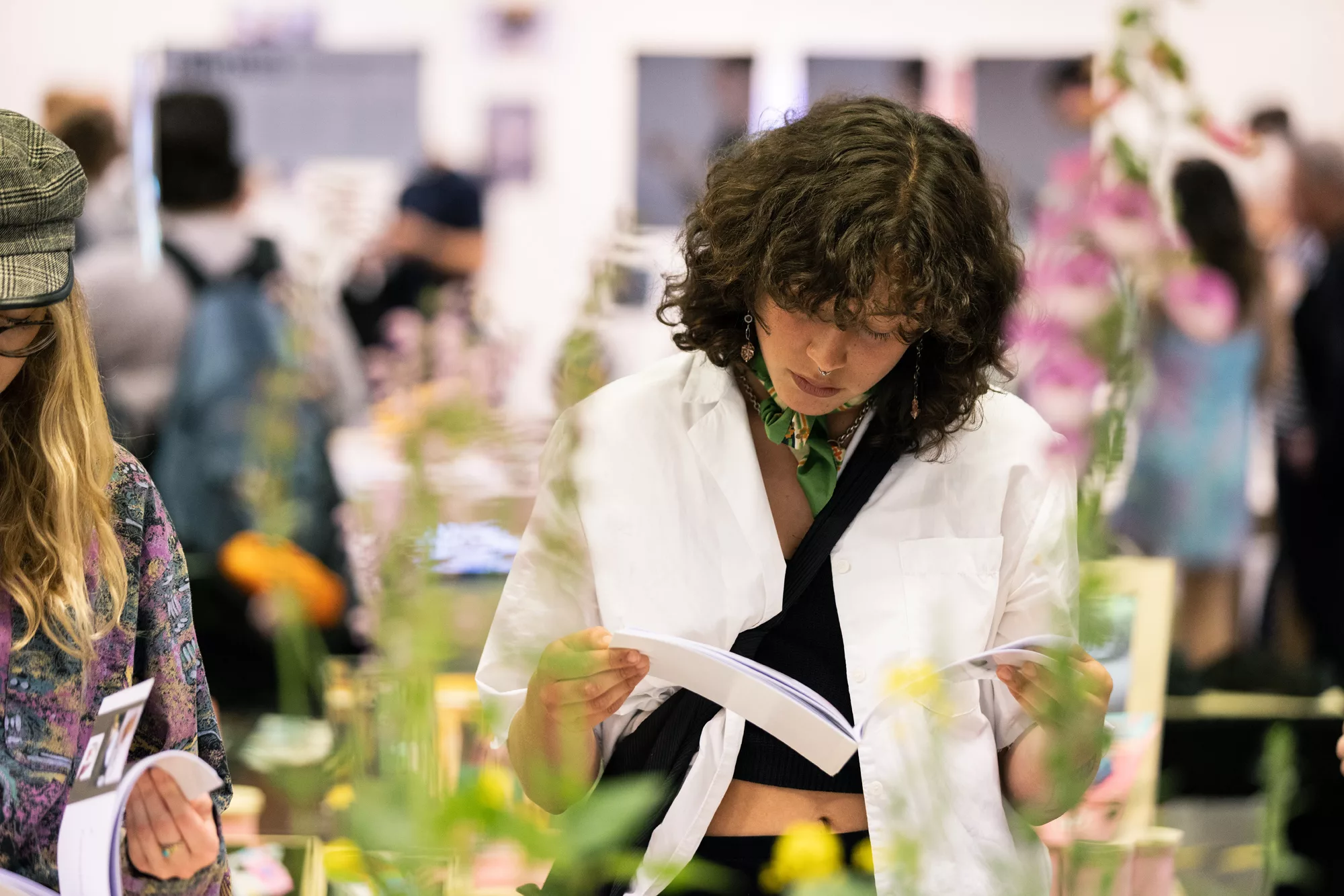
CFA modules at UCD
Duration
No
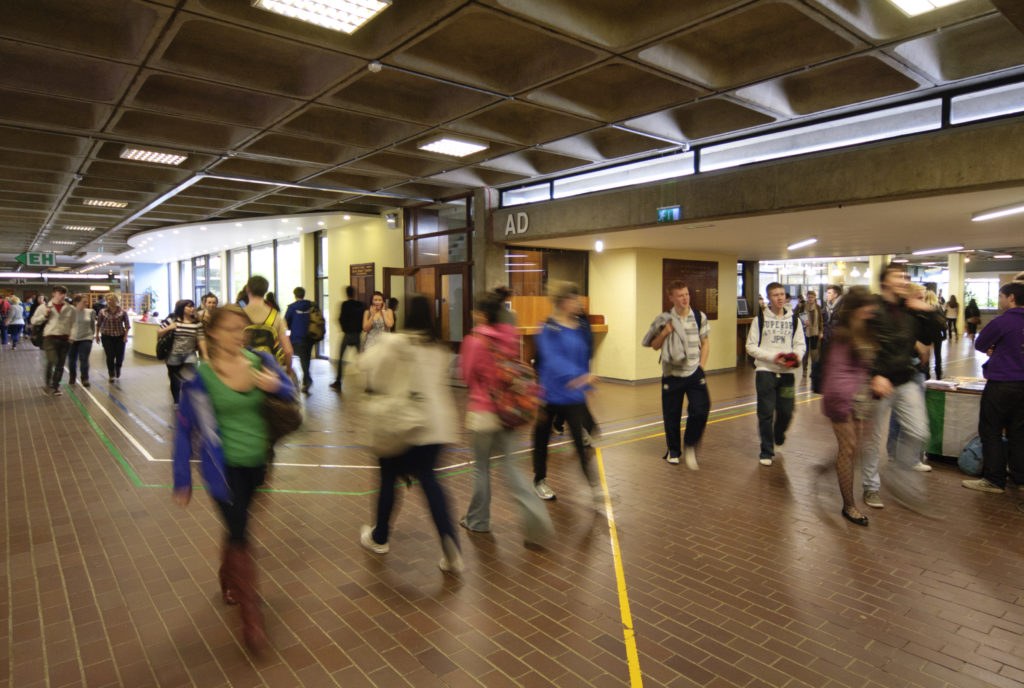
No

Based in the College of Arts & Humanities, the Creative Futures Academy in UCD offers a BA Humanities in Creative & Cultural Industries and the MA in Writing for Stage & Screen, as well as a suite of modules to enrich and enhance our existing undergraduate and postgraduate programmes.
Below are the modules running in the Spring trimester in UCD.
Please note: With the exception of Techniques of Songwriting, these modules are only open to current UCD students.
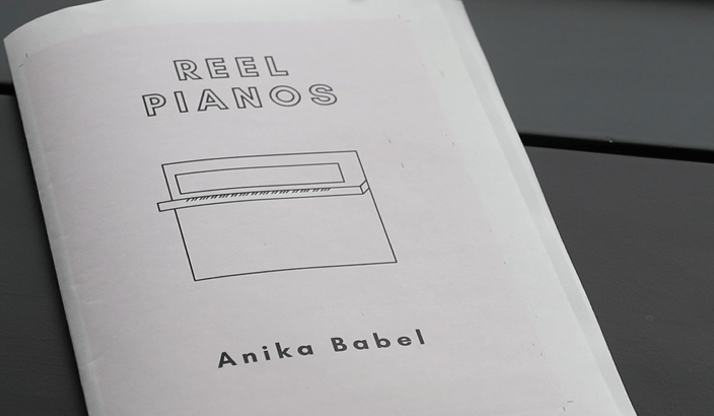
In this module, students focus on producing a creative output based on their current academic research, rather than conventional academic essays and assignments. The module is designed to facilitate students and early-stage researchers in thinking creatively about their field of research, and exploring the innovative public outputs – from performances and podcasts to exhibitions and creative collaborations – which will bring new audiences to their research.
Students benefit from engagement with, and mentoring by, a number of distinguished artists-in-residence as well as academics with experience of the creative arts and the creative industries.

This module offers students the opportunity to hone and activate your written communication skills for the contemporary professional world. It is an intensive one-week module.
In hands-on workshops led by experienced industry professionals, students will learn how to write accurate, persuasive, dynamic texts to engage and inform target audiences in professional contexts.
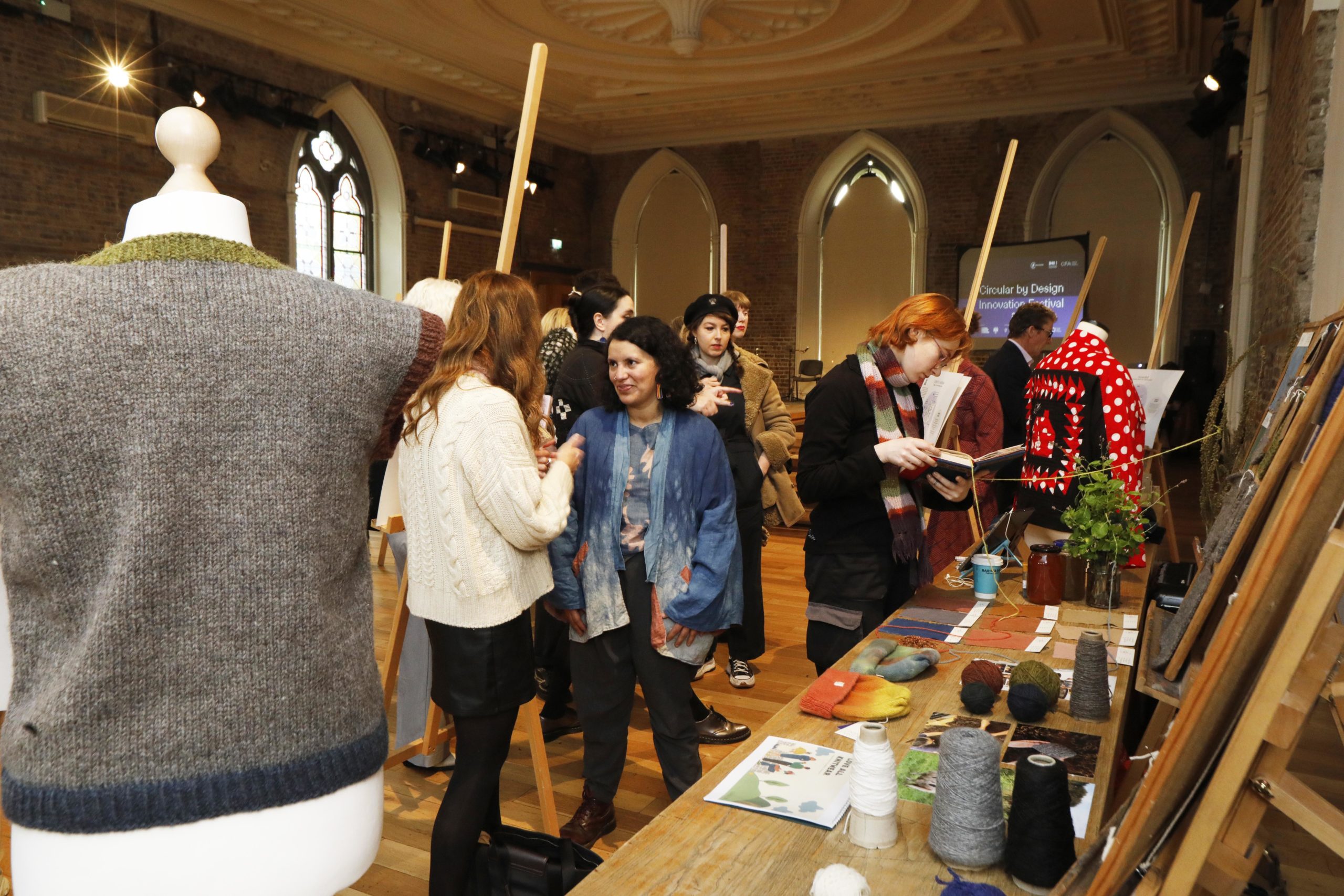
Working in the creative and cultural industries requires an understanding of cultural policy. In this module, students will focus on four key questions: what is cultural policy, how does it operate, what is it (or could it be) for, and how does it matter to our everyday lives.
Through reading, discussion and creative activities, students will consider the ways in which such policies come to frame how we think about our own creative and cultural lives.
Through engaging directly with policy itself, students will work towards applying their learning to their development of a university-wide policy to support the creative and cultural life of UCD students.
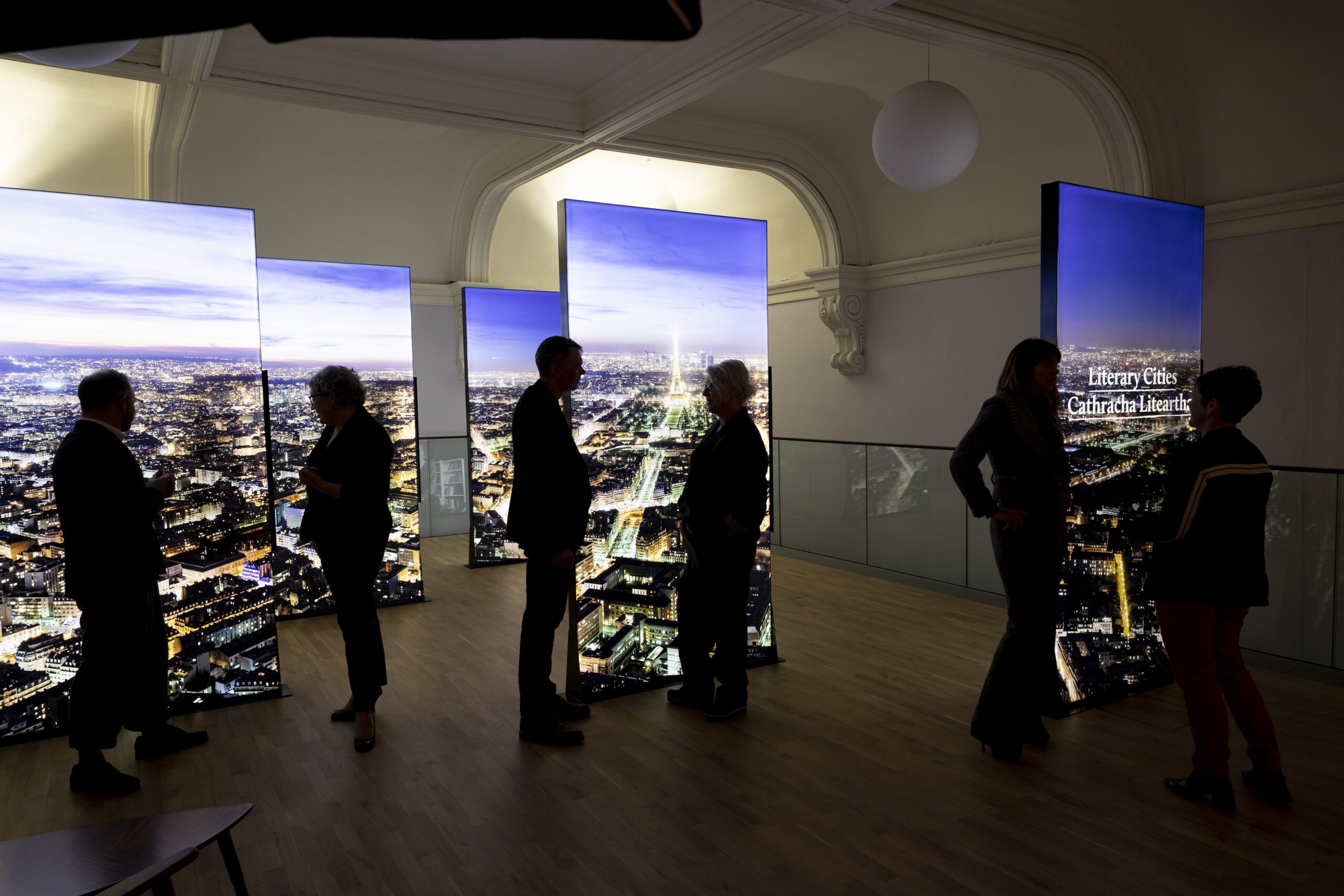
Meet the Makers is a platform for students to engage with artists, designers, cultural entrepreneurs and producers working throughout the creative and cultural industries.
Each week we will meet with practitioners and professionals from the wider field of arts and culture to discuss different facets of creative work, artistic development, media engagement, career paths, and navigation through the contemporary creative and cultural industries.
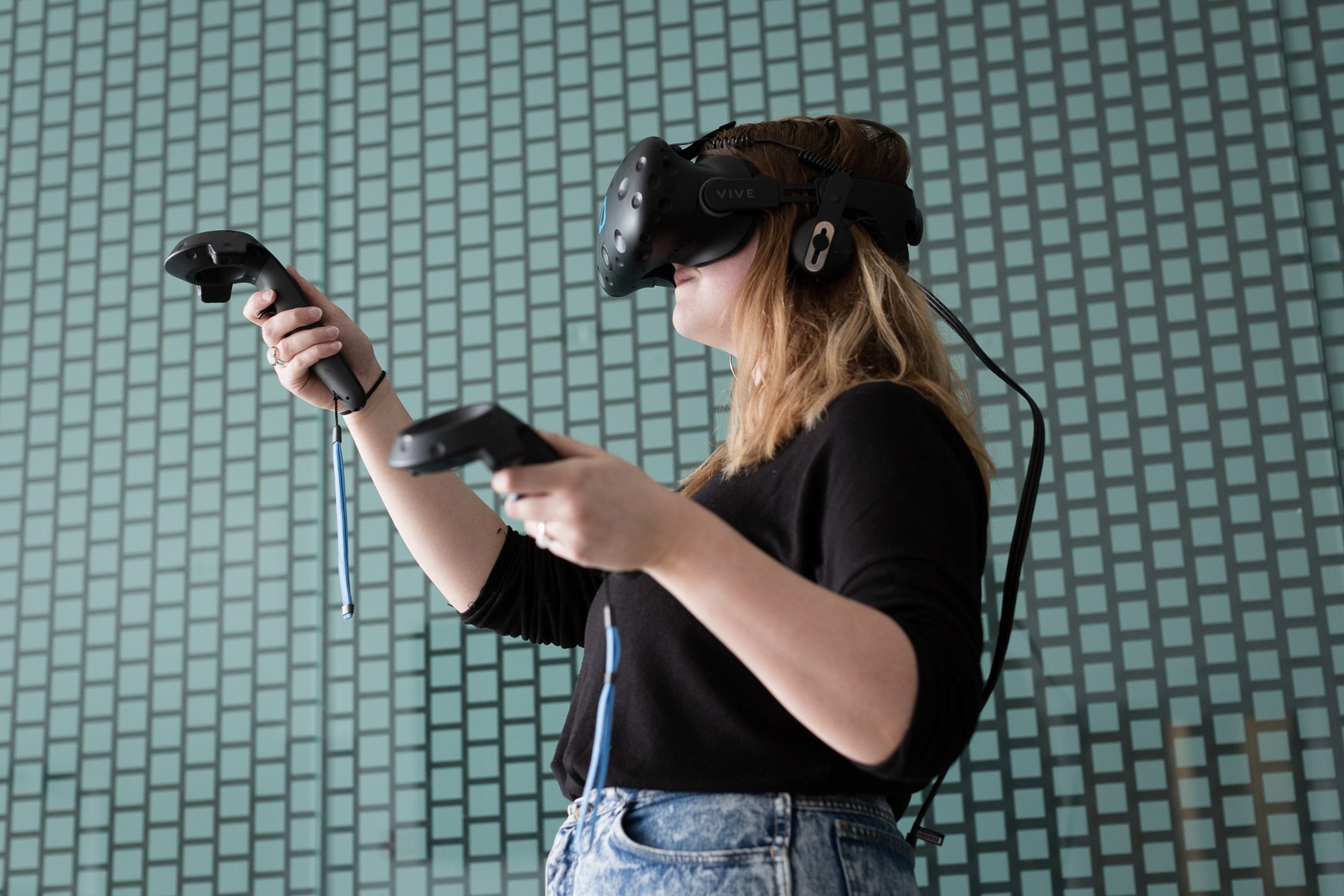
This module introduces the history, technology, and culture of video games, from how they developed, how they work and how we interact with them, to a broader examination of the industry and video game culture. Video games incorporate visuals, audio, narrative and gameplay mechanics to form holistic experiences: this module presents an overview of these creative elements and the technology used to combine them into cohesive, interactive experiences.
Digital games developed within a historical context that students will explore using a range of analytical tools from media, technology and cultural studies, in order to interrogate relationships between gaming and wider culture.
Topics covered in the module include: Video games and algorithmic culture, the ethical considerations of designing, creating and selling video games, representation of race, gender and sexuality in gaming, digital distribution services like Steam, new technologies and gaming, and the role of video games in the future.

In this practice-based module, students will produce a digital artefact (for example, a downloadable soundwalk or audio tour) under the guidance of the teaching team and guest speakers.
The format, thematic content, and structure of the artefact will be generated in response to a brief provided by a group of key stakeholders with whom students will meet early on in the trimester. Students will then develop their own creative vision for the artefact and will be taught the production skills (compositional, editorial, technological) necessary to realise that vision.
In this module, students will gain insight into how creative industries work and the strict timelines required for delivery. This practice-based approach will provide each student with the discipline required in professional environments, experience with creative collaboration, and participation in a high-stakes project that will form part of the offering at the UCD Festival.
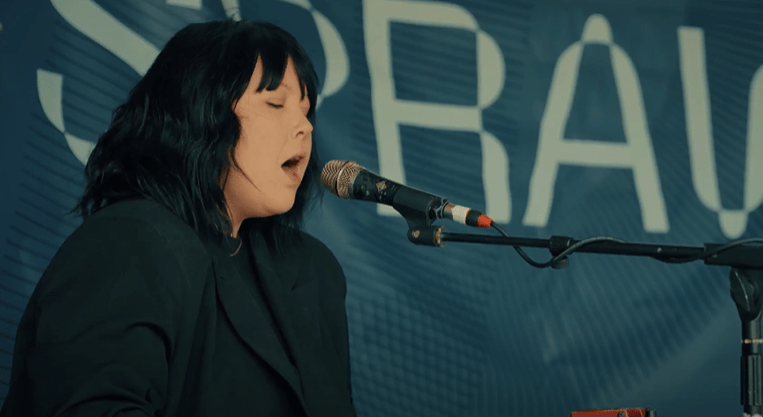
There is a career-oriented focus to this module, so students will study a wide range of writing techniques which can be applied to a variety of creative environments and industries, from music, film, TV and drama, to working locally on collaborative projects, with community groups, or in education settings, and so on.
Following these lectures, students will be asked to write their own original song, utilising the techniques covered in class. Later in the semester, we will be inviting special guest artists and industry insiders to come and meet the students, hear their songs, and offer their professional feedback and advice.

This module will train students to put traditional Irish music theory into practice. Students will be introduced to a wide range of traditional repertoire, styles and techniques, taught by leading artists in the field. Students will then apply these skills to their own performances, compositions or arrangements, which will be submitted at the end of the semester.

This course is a further introduction to literary magazines, especially in Ireland, and to the work of editing in particular. We will also engage in active editing work, including copy-editing, and proof-reading. Students will examine the history of magazines in Ireland and elsewhere to the present day and investigate their impact on literary culture. We will take stock of the current magazine landscape, print and digital. We will also study the art and technique of editing through reading essays by editors, editor-author correspondence, and original and edited texts, and produce our own literary journal online.

Solo performance is one of the most vital and innovative areas of contemporary theatre practice. Its immediacy and flexibility make it attractive to many theatre artists, writers and actors who wish to test new ideas, experiment with form, and take their first steps in the theatre industry.
This module offers a supportive and structured opportunity to develop your own original work of solo performance. In a workshop setting, students will work alone, in small groups and collaborative partnerships to develop their own distinctive approaches to developing ideas, generating material, writing, devising, performing, and shaping your work towards performance.
Throughout, students will be supported and mentored by the Module Convenor, and will also have the opportunity to engage with visiting artists. Students will encounter a range of artistic techniques for generating original material for performance, which may include improvisation and live writing, found text and verbatim, movement scores, immersive theatre, monologue, and intermedial practice. Throughout, the emphasis is on developing the student’s own performance as the culmination of a sustained creative enquiry.
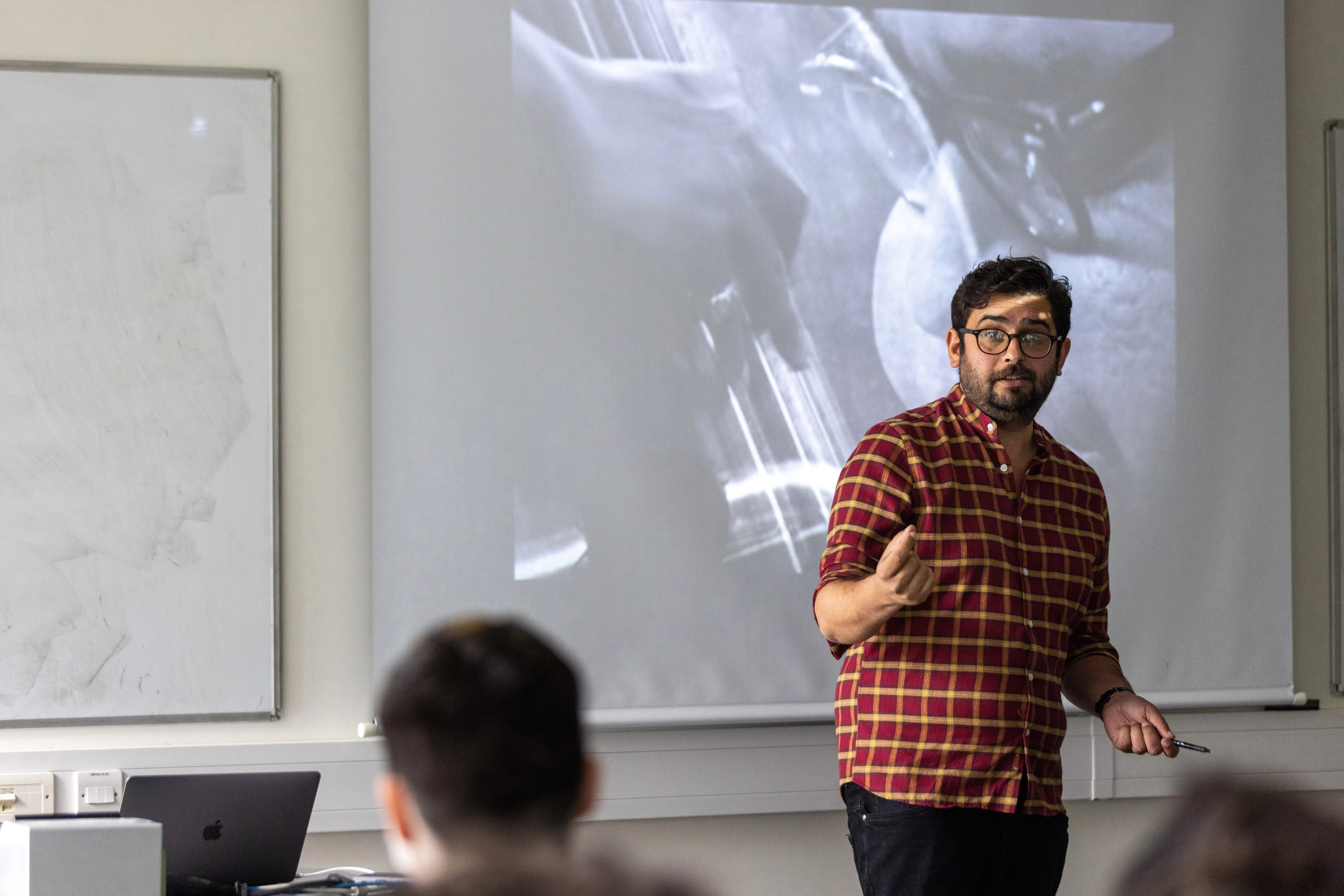
This module builds upon the close attention to screenwriting craft and industry knowledge introduced in DRAM40050 Writing for Screen. The module simulates and so prepare students for professional script development and script-editing processes.
Teaching will combine group work and one-to-one mentoring, instilling the ambition and discipline that will enable autonomous student development once the MA is completed. The module acknowledges that professional networks are essential for advancement in the creative industries: students will engage with visiting industry professionals and interact with film-makers and animators from IADT, a Creative Futures Academy partner institution.
A CFA scholarship encourages the participation of learners from sections of society that are significantly under-represented in higher education by offering one free place on all of our CFA short courses.